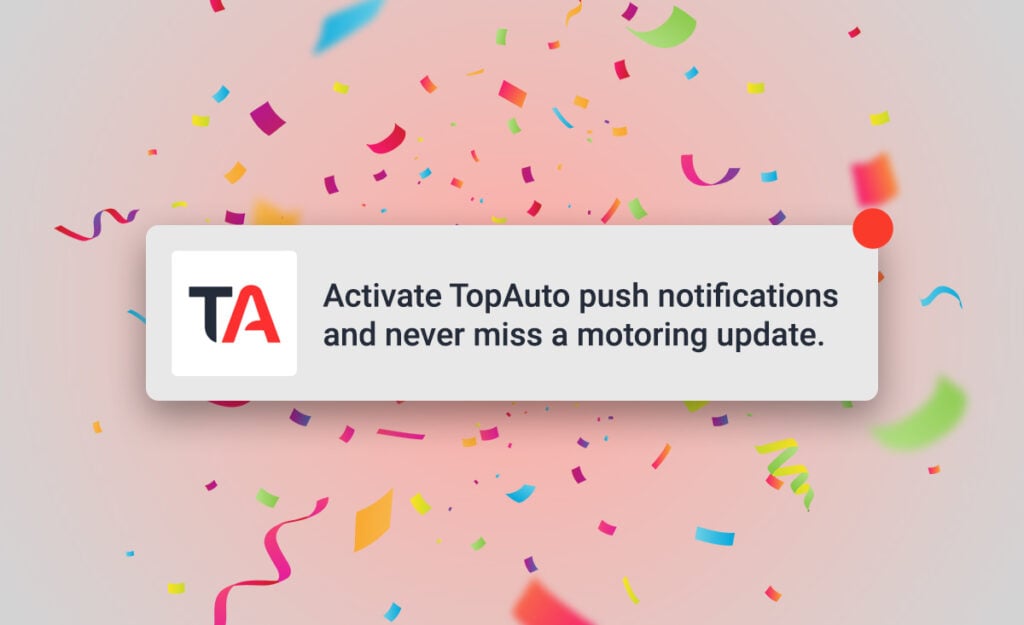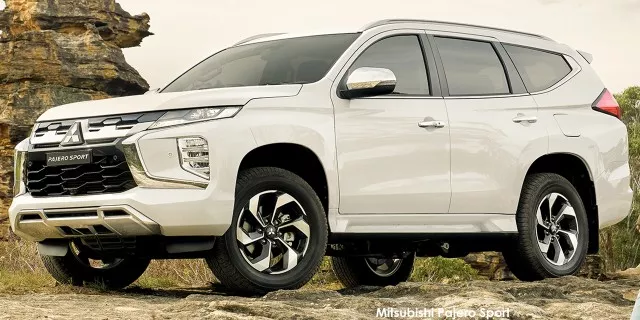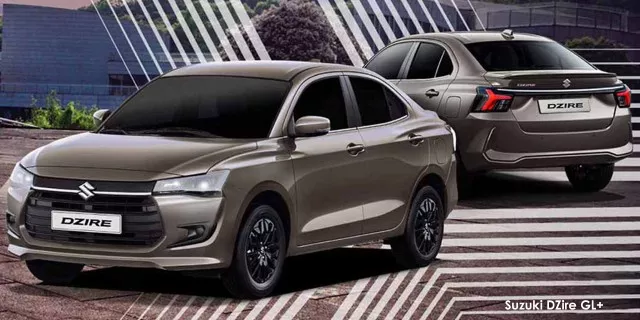
South Africans are paying much more on their cars now than they were before the rate-hike cycle kicked off that saw interest rates soar to a staggering 11.75%.
WesBank’s data shows that the average loan amount on a new vehicle increased by 3.5% during June; the average loan value to R410,000; the average deal duration by 3.8% to over 51 months; and the average contract period to over 73 months.
“These are all signs of affordability challenges that either indicate that consumers are holding onto their existing vehicles for longer or that they are forced to lower instalments by extending the loan period,” says Lebo Gaoaketse, Head of Marketing and Communication at WesBank.
Consumers are feeling the pain
WesBank notes that one of the primary factors impacting vehicle debt remains high interest rates, with relief only expected during the second half of the year.
Take, for instance, the average vehicle priced at R410,000 that is financed over 72 months at the current prime lending rate of 11.75%.
With this deal structure, the monthly instalment would work out to an estimated R8,054.83.
An indebted customer who had financed the same value vehicle in 2020 linked to a prime rate of 7% would be paying R1,015.81 more per month today, which, at current interest rates, equates to about R75,730.32 more for the same car over the same contract period.
“Layer in the other inflationary costs of living to that consumer and you can imagine the pressure on household budgets,” says Gaoaketse.
“Those with an option to delay a purchase decision or opt for alternative mobility solutions, including e-hailing, sharing, or the pre-owned market, are voting with their feet and exiting the new vehicle market.”
These economic pressures contributed to a significant contraction in the new-vehicle market in the first half of 2024.
Five out of the first six months of the year witnessed declining sales figures, with year-to-date sales falling by 7.4% to 246,052 units.
This has sparked concerns that the market may fall short of its target of reaching 500,000 sales by the end of 2024.
“Vehicle price inflation, high interest rates, and the general rising costs of living are all impacting the ability of new car buyers to enter or stay in the market,” said Gaoaketse.
On the bright side, WesBank forecasts that interest rates should subside towards the latter months of 2024 now that the new Government of National Unity has been established, which should hopefully bring more political stability to the country and entice foreign investment.
Furthermore, vehicle dealers and manufacturers are increasingly offering greater incentives to motivate consumers to get back into the car market.
In the meantime, resilient South Africans are substituting their transport needs with other means of travel, including using ride-hailing services such as Uber and Bolt or opting for vehicle leasing and subscription services in lieu of traditional financing.








